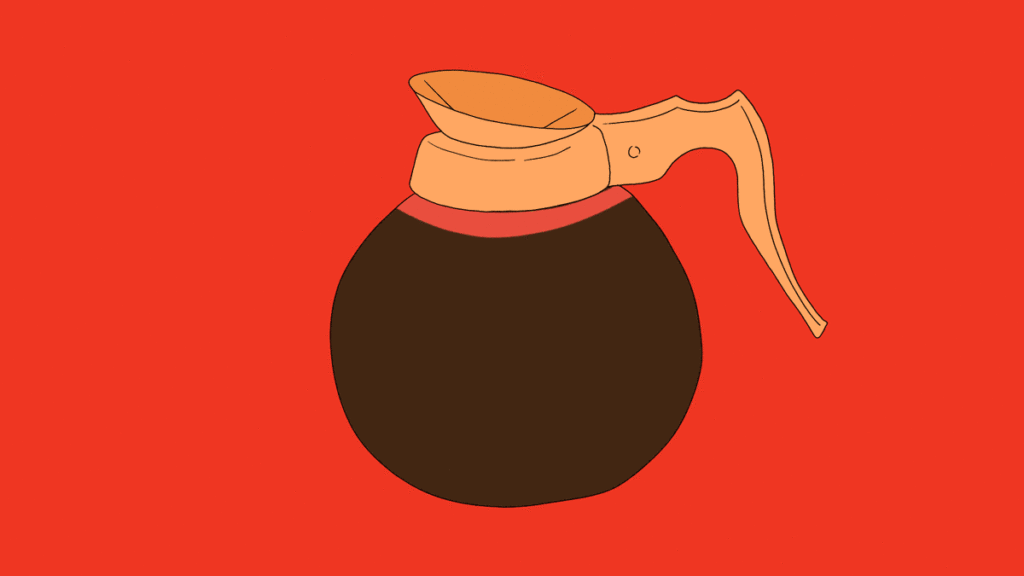[ad_1]
For most people, a productive day can’t begin until they’ve had their morning coffee. In fact, the National Coffee Association found that 67% of American adults have a daily cup.
Not into coffee? You likely have another source of caffeine that keeps you going. For me, it’s Diet Coke (especially from the fountain at McDonald’s, IYKYK), but lately, I’ve been getting into Celsius Energy Drinks to help me power through my early AM workouts.
Whatever your caffeine vice is, there has likely come a time when you’ve considered giving it up. After all, anything that causes you withdrawal symptoms can’t be great for your body, right?
If you’re ready to embark on your own caffeine detox but don’t know where to start, we’re here to help. We tapped integrative nutritionist and author of the forthcoming book, The Feel-Good Way: Simple Recipes for a Better Life, Cara Clark, along with functional nutritionist Sarah Goudie, who is also the Director of Nutrition at Murrieta Hot Springs Resort in California, to share their expert opinions about all things quitting caffeine, including how long it takes to detox from caffeine, whether it’s okay to quit caffeine cold turkey, and more.
Read on for their thoughts on why it may be beneficial to kick your own personal flavor of rocket fuel for good–or even just for a little while.
How can you tell if it’s time for a caffeine detox?
“If you’re jittery frequently, have major mood swings or anxiety, a break is a good idea,” says Clark. And Goudie agrees, adding conditions like “colitis, diabetes, heart disease, high blood
pressure, liver problems, insomnia, or thyroid imbalances,” to the list. “Cutting back—or cutting it caffeine out entirely—could be beneficial,” she says.
Goudie says that pressing pause on your caffeine intake can be beneficial both for your mental and physical health. “If you’re looking to remove all addictive substances or if you’ve been experiencing gut or mood issues, reducing caffeine could help lower stress and inflammation, potentially giving both your digestive system and your brain a bit of a reset,” she explains.
Still on the fence? Think about this: if your favorite coffee shop is closed or your go-to energy drink is sold out, what’s going through your mind? “How you react in that moment can reveal just how dependent you are on caffeine,” says Goudie, adding that “a big red flag is when you rely on caffeine to get through your day.”
How long does it take to detox from caffeine?
According to Clark, if you’re fully stopping caffeine, it should take about four days, with the first 24 hours being the worst with symptoms such as headaches. But not everyone’s caffeine detox is going to look the same, points out Goudie. “Factors like your individual caffeine metabolism, how much you usually drink, and how long you’ve been consuming it will all influence your personal detox process.” She adds that the detox period could even last up to nine days.
Is it okay to quit caffeine cold turkey?
“Usually, it’s best to reduce caffeine intake gradually,” instructs Goudie, but “everyone will react differently when they quit caffeine all at once.” She adds, “Some people find it quick and effective to break their habit, while others may go through an intense and uncomfortable withdrawal period.”
[ad_2]
Source link

